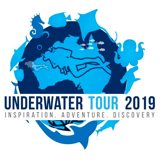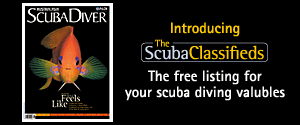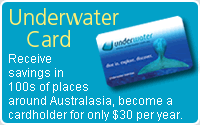- Home
- Directory
- Shop
- Underwater Cameras - Photographic Accessories
- Smartphone Housings
- Sea Scooters
- Hookah Dive Systems
- Underwater Metal Detectors
- Dive Gear
- Dive Accessories
- Diving DVD & Blu-Ray Discs
- Diving Books
- Underwater Drones
- Drones
- Subscriptions - Magazines
- Protective Cases
- Corrective Lenses
- Dive Wear
- Underwater Membership
- Assistive Technology - NDIS
- On Sale
- Underwater Gift Cards
- Underwater Art
- Power Stations
- Underwater Bargain Bin
- Brands
- 10bar
- AirBuddy
- Akona
- AOI
- Apollo
- AquaTech
- Atomic Aquatics
- aunoc
- AxisGo
- Backscatter Underwater Video and Photo
- BLU3
- Buddy-Watcher
- Cayago
- Chasing
- Cinebags
- Contour
- Deepblue
- Devilite
- Digipower
- DJI
- Dyron
- Edge Smart Drive
- Eneloop
- Energizer
- Exotech Innovations
- Fantasea
- FiiK Elektric Skateboards
- Fotocore
- Garmin
- Geneinno
- GoPro
- Hagul
- Hoverstar
- Hydro Sapiens
- Hydrotac
- Ikelite
- Indigo Industries
- Inon
- Insta360
- Intova
- Isotta Housings
- Jobe
- JOBY
- Kraken Sports
- LEFEET
- Marelux
- Mirage Dive
- Nautica Seascooters
- Nautilus Lifeline
- NautiSmart
- Nitecore
- Nocturnal Lights
- Nokta Makro
- Ocean Guardian
- Oceanic
- Olympus
- OM System
- Orca Torch
- Overboard
- Paralenz
- PowerDive
- QYSEA
- Ratio Dive Computers
- Scubajet
- Scubalamp
- Sea & Sea
- SeaDoo Seascooter
- SeaLife
- Seashell
- Seavu
- Shark Shield
- Sherwood Scuba
- Spare Air
- StickTite
- StormCase
- Sublue
- Suunto
- SwellPro
- T-HOUSING
- Tusa
- U.N Photographics
- Venture Heat
- XTAR
- Yamaha Seascooter
- Youcan Robot
- Zcifi
No-fish zones boost costal communities - 20 June 06
Evidence is emerging from around the world that 'no fishing' zones can lead to better catches and more income for coastal communities.
A triumphant 30-year experiment in no-fishing zones in the Philippines has led to recovery in depleted fish stocks, improved fish catches outside the zone and higher tourist income for coastal communities.
The findings of the research have major implications for Australia’s coastal towns and cities, says Professor Garry Russ, a chief investigator at the Australian Research Council Centre of Excellence for Coral Reef Studies.
In the 1970s and 1980s Philippines coral reefs and fisheries were devastated by reef bombing and by ‘muro ami’ harvesters. 'These are the marine equivalent of forestry clear-felling, in which industrial-scale vessels plunder all of the living resources off reefs using armies of fishers and gleaners,' Prof. Russ explains.
The southern Philippines has now become the cradle of an international revolution in the way marine resources are managed. This began in the early to mid 1970’s when areas were closed to fishing at two small islands in the southern Philippines, Sumilon and Apo.
'These were the sites of the first, and still the best known, no-take marine reserves in the country, established by my colleague Dr. Angel Alcala,' Prof. Russ says. 'These islands have produced some of the best evidence available that no-take marine reserves, protected and managed by local communities, can play a key role in biodiversity conservation and fisheries management.'
'The success of these two small no-take reserves and their associated marine resource management has helped establish a network of no-take reserves across the entire Philippines. There are 64 no-take reserves in the southern Philippines, with 600 now established across the whole island chain, as communities fight to bring back their threatened way of life.'
Prof. Russ says the expansion of no-take reserves has contributed substantially to a major shift in national policy of management of marine resources. Management responsibility has been partly devolved to local governments and communities which now co-manage, with the national government, marine resources out to 15 km from the coast.
'I think it is the thing I am most proud of in my scientific career,' Prof. Russ reflects. 'The no-take zones have returned power over their resources to local communities. These coastal communities have largely excluded the plunderers, and now have the legal right to do so.'
Importantly too, the work of Prof. Russ and his colleagues has demonstrated that no-take zones can, in the long-term, improve the socio-economic conditions of coastal communities, especially in developing nations.
Professor Russ says there are important take-home lessons for the management of Australia’s coral reefs from this story. The recent rezoning of the Great Barrier Reef (GBR), which established a network of no-fishing zones covering 33 per cent of the Marine Park, had as its objective protection of biodiversity and bioregions.
'This will likely help sustain substantial national income from tourism. What is less appreciated is that the rezoning may also help to sustain coral reef fisheries in the long-term.'
'The Philippine experience also suggests that when implementing major change in marine resource management, coastal communities should be involved in the decision-making process from the outset.'
More information: Professor Garry Russ, CoECRS, 07 4781 4432 or mobile 0429439782 garry.russ@jcu.edu.au Professor Terry Hughes, Director, CoECRS, 07 4781 4000 Jenny Lappin, CoECRS, 07 4781 4222 Jim O’Brien, James Cook University Media Office, 07 4781 4822 http://www.coralcoe.org.au/
![]() Contributed by Tim Hochgrebe added 2006-06-21
Contributed by Tim Hochgrebe added 2006-06-21
![]() Login or become a member to join in with this discussion.
Login or become a member to join in with this discussion.

 Sealife Cameras
Sealife Cameras
SeaLife Cameras is the market leading manufacturer of compact underwater cameras and accessories for underwater photography. Full range of SeaLife products in the underwater shop. Guaranteed best price.
Shopfront
-
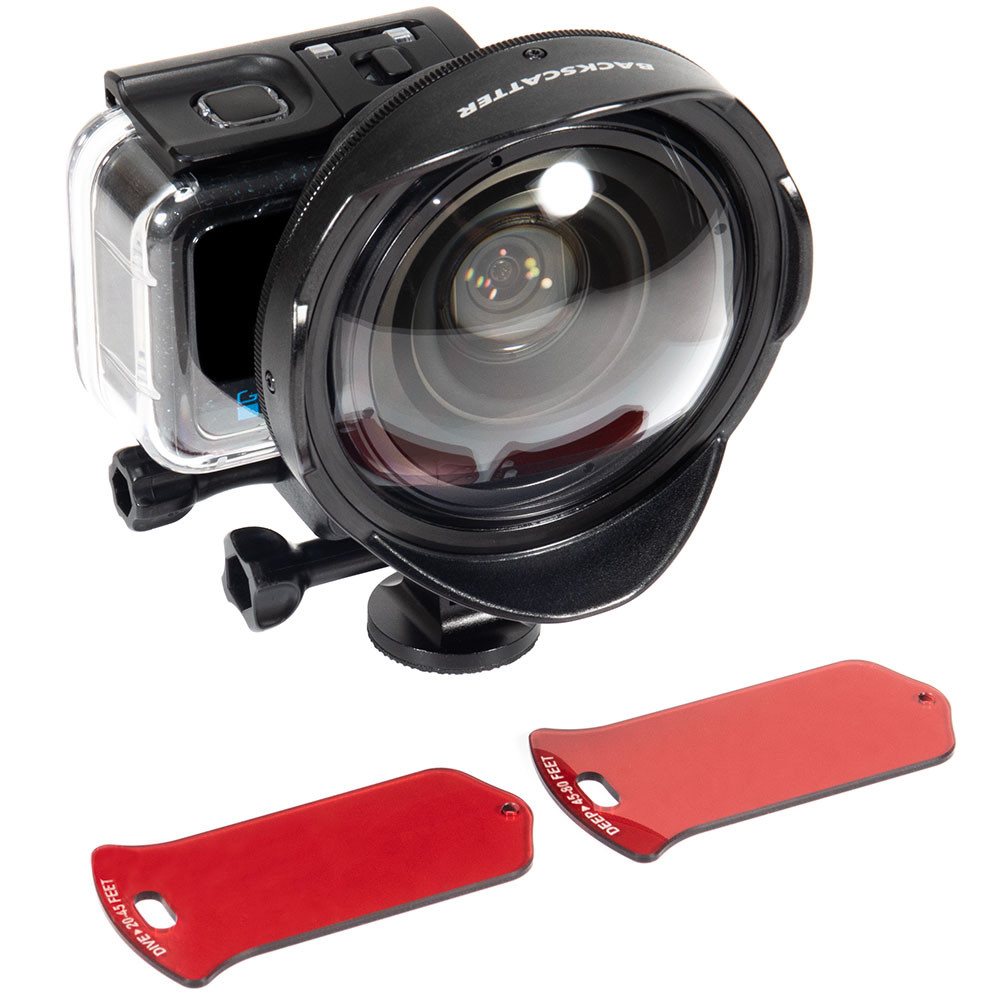 Backscatter Sharp Wide Lens Pro Package for GoPro
Backscatter Sharp Wide Lens Pro Package for GoPro
- Price A$ 479.00
-
 Sublue Vapor - Pump-Jet Underwater Scooter
Sublue Vapor - Pump-Jet Underwater Scooter
- Price A$ 4,999.00
-
 Venture Heat - Pro 32w Dive Vest Kit - V3
Venture Heat - Pro 32w Dive Vest Kit - V3
- Price A$ 1,249.00
-
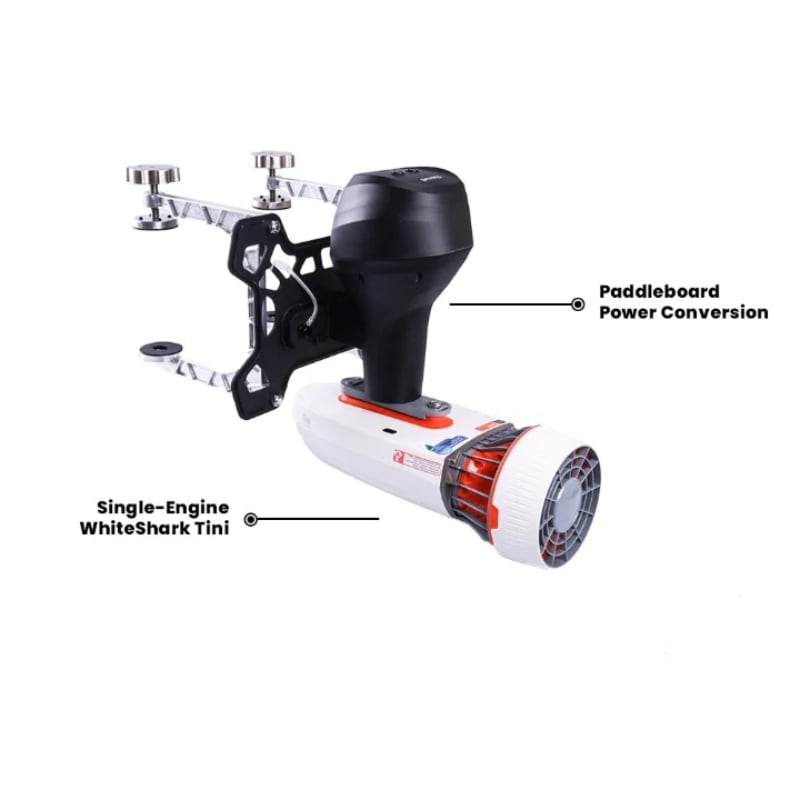 Sublue Paddleboard Power Conversion Kit
Sublue Paddleboard Power Conversion Kit
- Price A$ 599.00
-
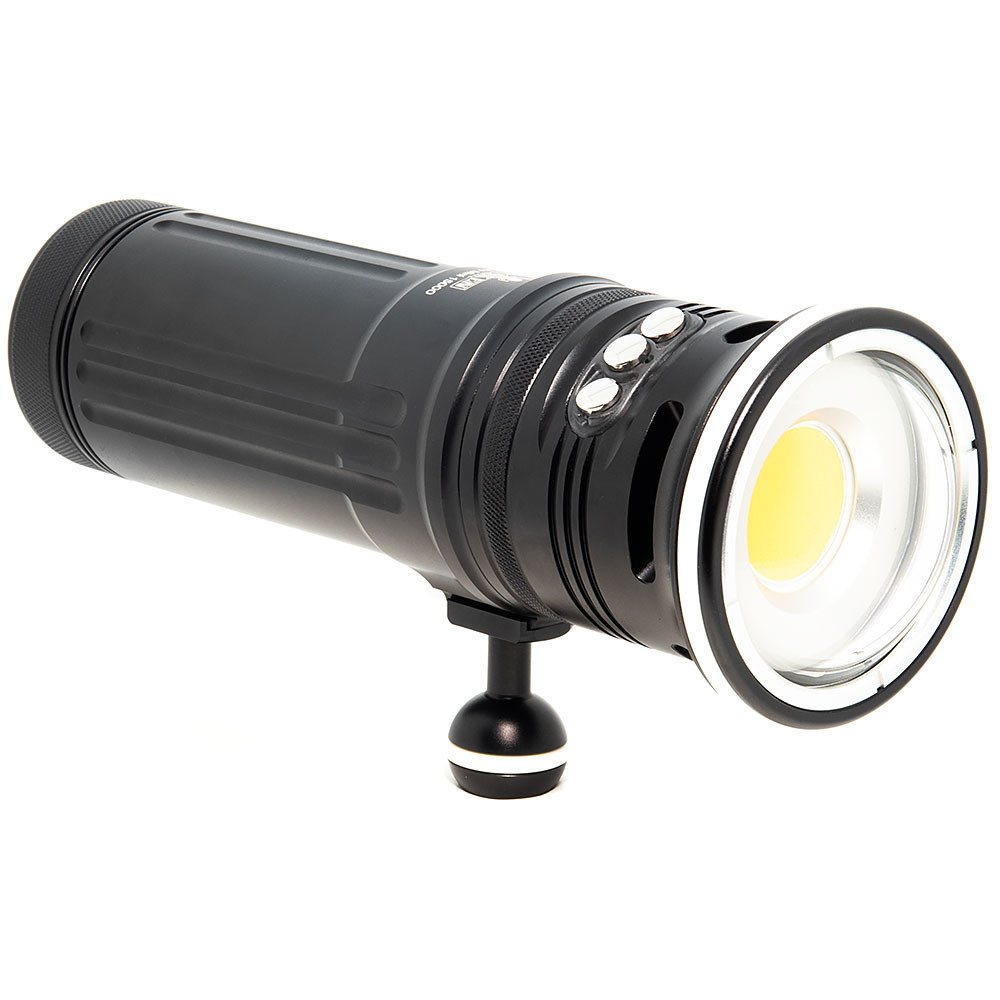 Kraken Sports Solar Flare Mini 18000 Underwater Video Light
Kraken Sports Solar Flare Mini 18000 Underwater Video Light
- Price A$ 1,149.00
-
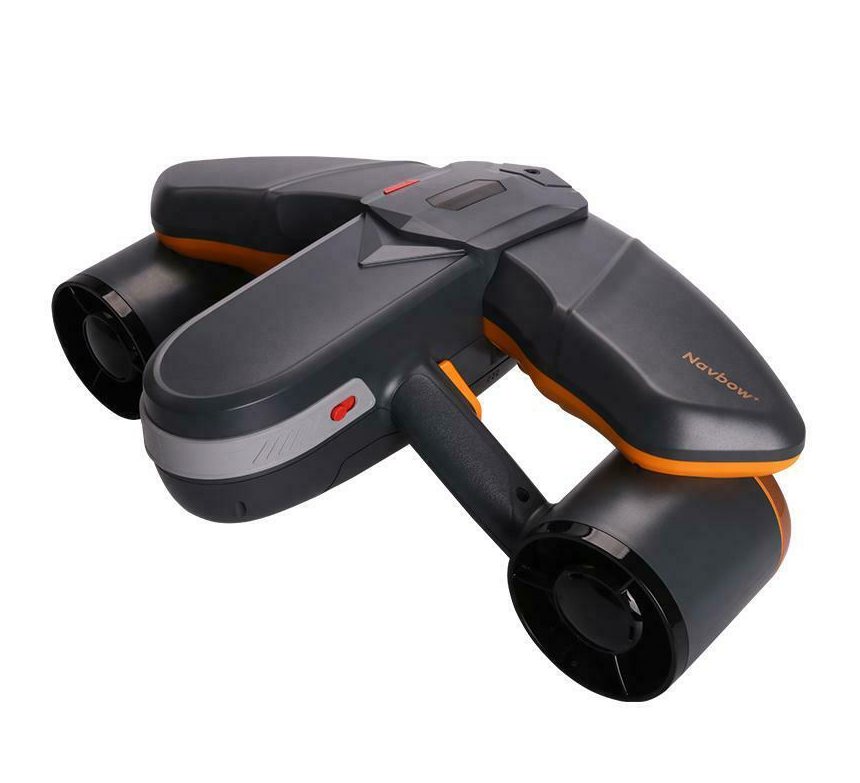 Sublue Navbow+ Underwater Scooter
Sublue Navbow+ Underwater Scooter
- Price A$ 2,399.00
-
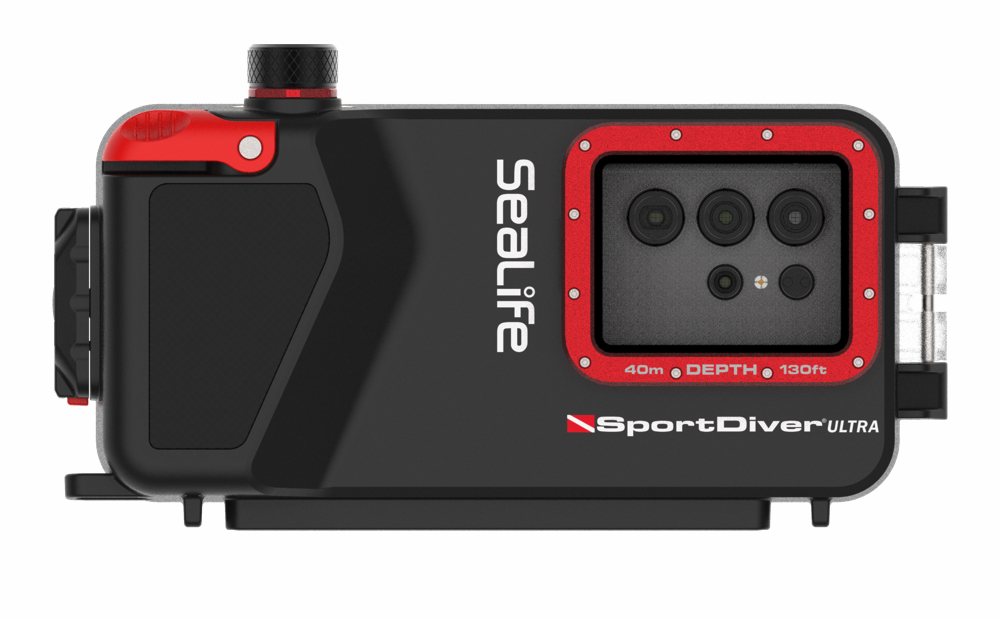 SeaLife - SportDiver ULTRA Underwater Smartphone Housing
SeaLife - SportDiver ULTRA Underwater Smartphone Housing
- Price A$ 599.00
Articles
-
 Using Mirrorless Cameras Underwater
Using Mirrorless Cameras Underwater
by donsilcock
- Digital technology has completely revolutionized underwater photography and what was once the exclusive preserve of a few dedicated divers, has now become so common, that you stand out if you don't have a dive camera.
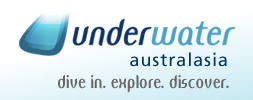


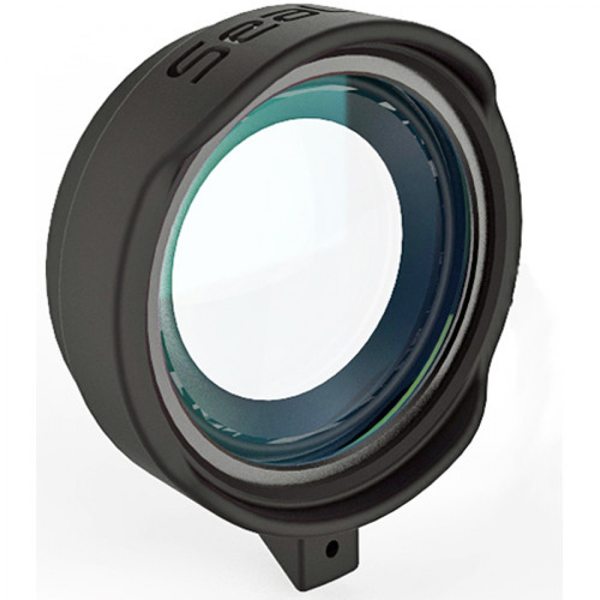 Sealife Super Macro Close-Up Lens for Micro HD / 2.0 / 3.0 and RM4K
Sealife Super Macro Close-Up Lens for Micro HD / 2.0 / 3.0 and RM4K

